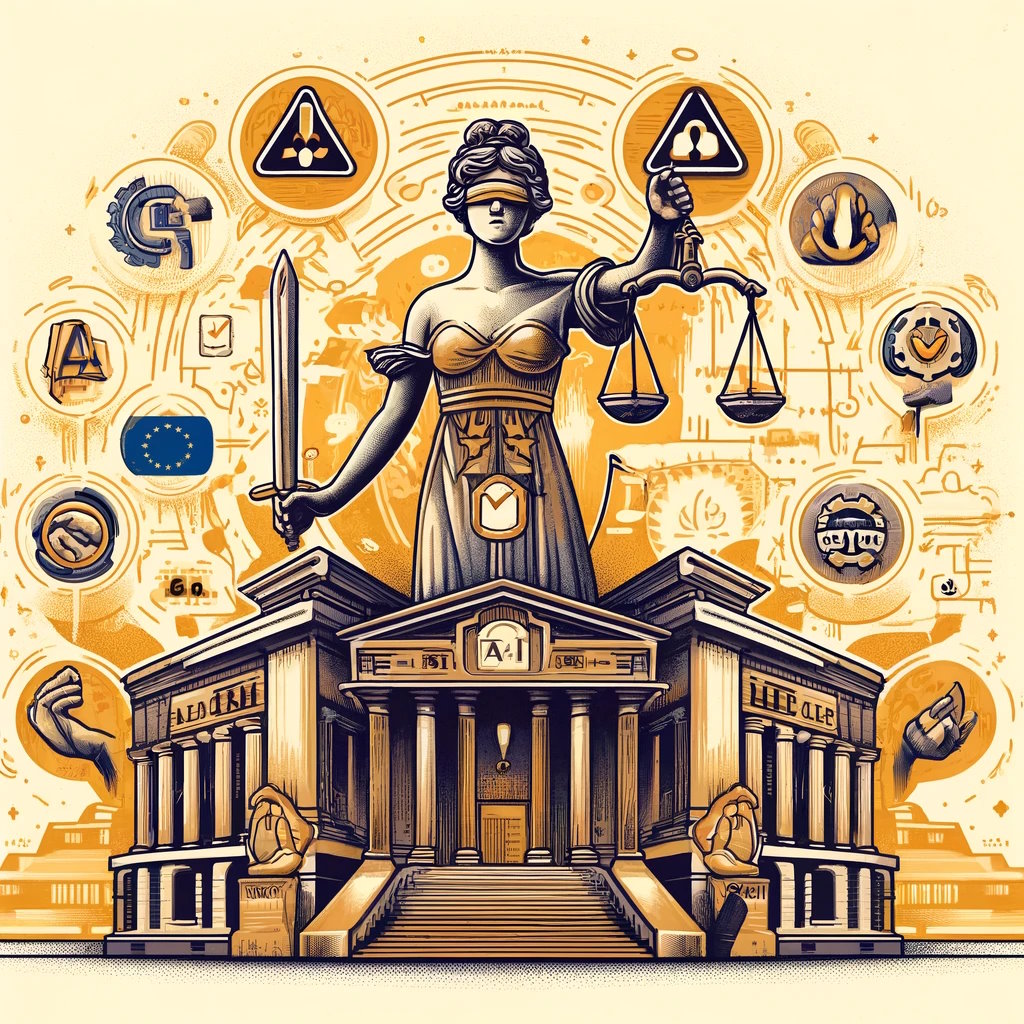In a significant development, the European Union has announced the establishment of a dedicated AI Office to oversee the implementation of the AI Act, the world’s first comprehensive AI regulation. This new office aims to ensure compliance and provide guidance on best practices, marking a crucial step in the EU’s efforts to regulate AI technologies and mitigate associated risks (KPMG) (Fordham Law News).
The AI Office will play a pivotal role in harmonizing the enforcement of AI regulations across member states, working in close coordination with national authorities to avoid regulatory overlap and ensure a consistent approach throughout the EU. This initiative underscores the EU’s commitment to maintaining high standards for AI safety, transparency, and ethical use.
Background
The European Union made a significant stride in AI regulation with the recent adoption of the AI Act, the world’s first comprehensive law governing artificial intelligence. This landmark legislation, approved by the European Parliament in March 2024, aims to set global standards for AI development and deployment, emphasizing safety, transparency, and fundamental rights.
Key Provisions of the AI Act
The AI Act introduces a tiered system to regulate AI based on risk levels:
- Unacceptable Risk: Bans AI applications posing significant risks to safety and fundamental rights, such as social scoring by governments.
- High Risk: Imposes stringent requirements on applications like biometric identification and critical infrastructure, including thorough documentation and human oversight.
- Limited and Minimal Risk: Encourages voluntary codes of conduct for low-risk applications, focusing on transparency and user information.
Establishment of the EU AI Office
To enforce these regulations, the EU is setting up a dedicated AI Office. This body will oversee the implementation of the AI Act, ensuring compliance across member states and providing guidance on best practices. The AI Office will work closely with national authorities to avoid regulatory overlap and ensure a consistent approach across the EU.
Global Impact and Challenges
The AI Act is expected to influence AI regulations worldwide, a phenomenon known as the “Brussels Effect,” where EU standards often become global benchmarks due to the market influence of EU regulations. This could lead to similar legislative measures in other regions, including the US, as companies and governments strive for regulatory alignment to avoid competitive disadvantages.
However, the Act has received mixed reactions. While many applaud the clarity and safety measures it introduces, there are concerns about the increased regulatory burden on startups and SMEs, which may face significant compliance costs. Some industry experts worry this could hinder innovation and give an edge to non-EU competitors, while others have different concerns and do not believe the Act goes far enough (euronews).
Overall, the EU AI Act represents a crucial step toward responsible AI usage, aiming to balance innovation with ethical standards and user safety. Its successful implementation will depend on effective coordination between the new AI Office and national regulators, ensuring that AI systems are both innovative and trustworthy.


